Highlights
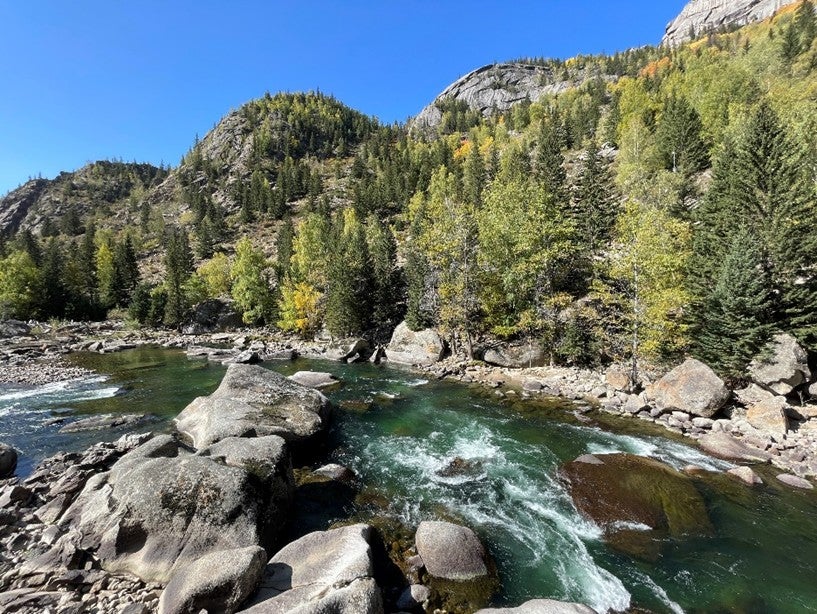
Inadequate compensation for lost or downgraded protected areas threatens global biodiversity
October 01, 2024Conservation scientists at the National University of Singapore (NUS) have highlighted substantial gaps in the compensation for lost or downgraded…
Read More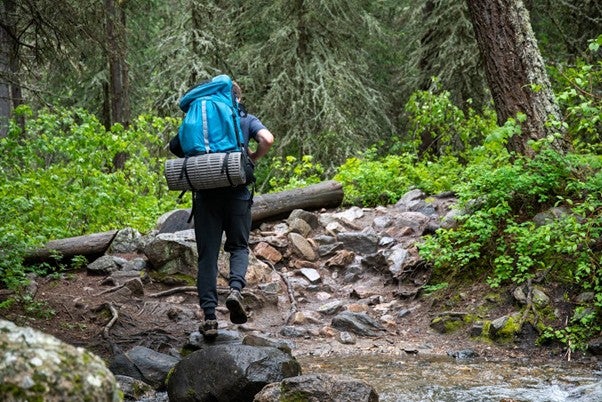
Monitoring of nature reserves via social media and deep learning
August 05, 2024Environmental biology researchers at the National University of Singapore (NUS) have developed an efficient method for rapidly identifying and classifying…
Read More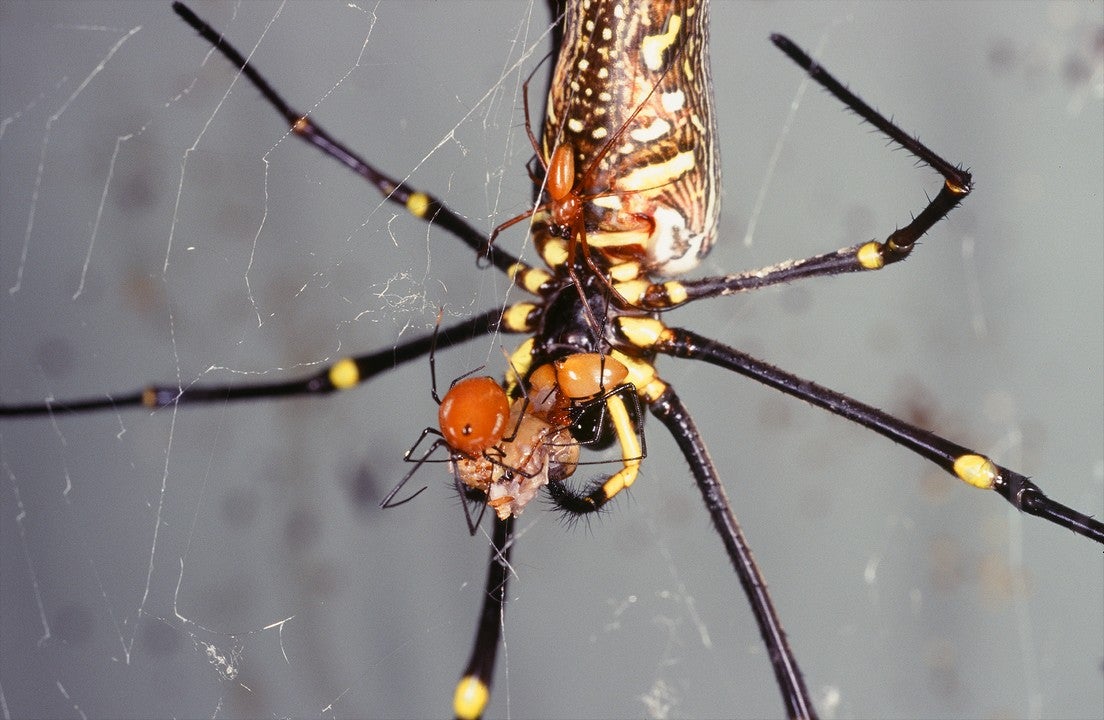
When at risk of female cannibalism, male spiders select the paired sexual organ containing more sperm
August 16, 2022NUS biologists have discovered that male spiders make choices on maximising their mating success when they are at risk of…
Read More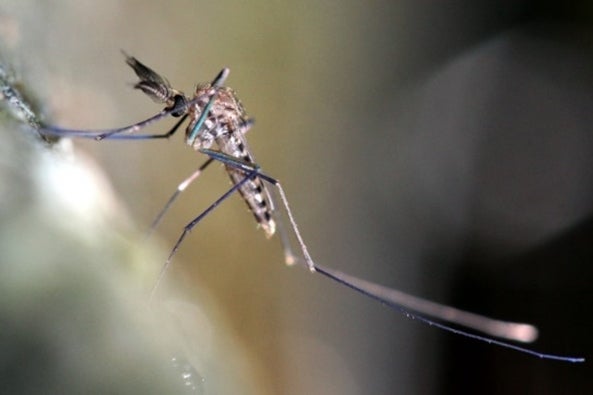
Integrative approach reduces error cascades in mosquito vector surveillance
August 05, 2021NUS biologists demonstrate that standard surveillance methods and traditional identification techniques do not accurately reflect the mosquito community structure across…
Read More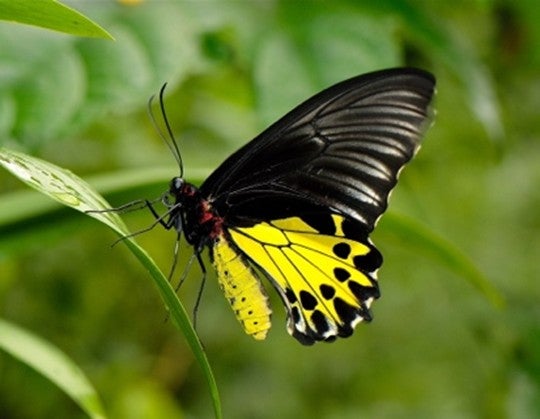
Local butterflies which enjoy exotic plants
May 25, 2021NUS scientists show that two of Singapore’s threatened butterfly species are now critically dependent on a non-native caterpillar host plant,…
Read More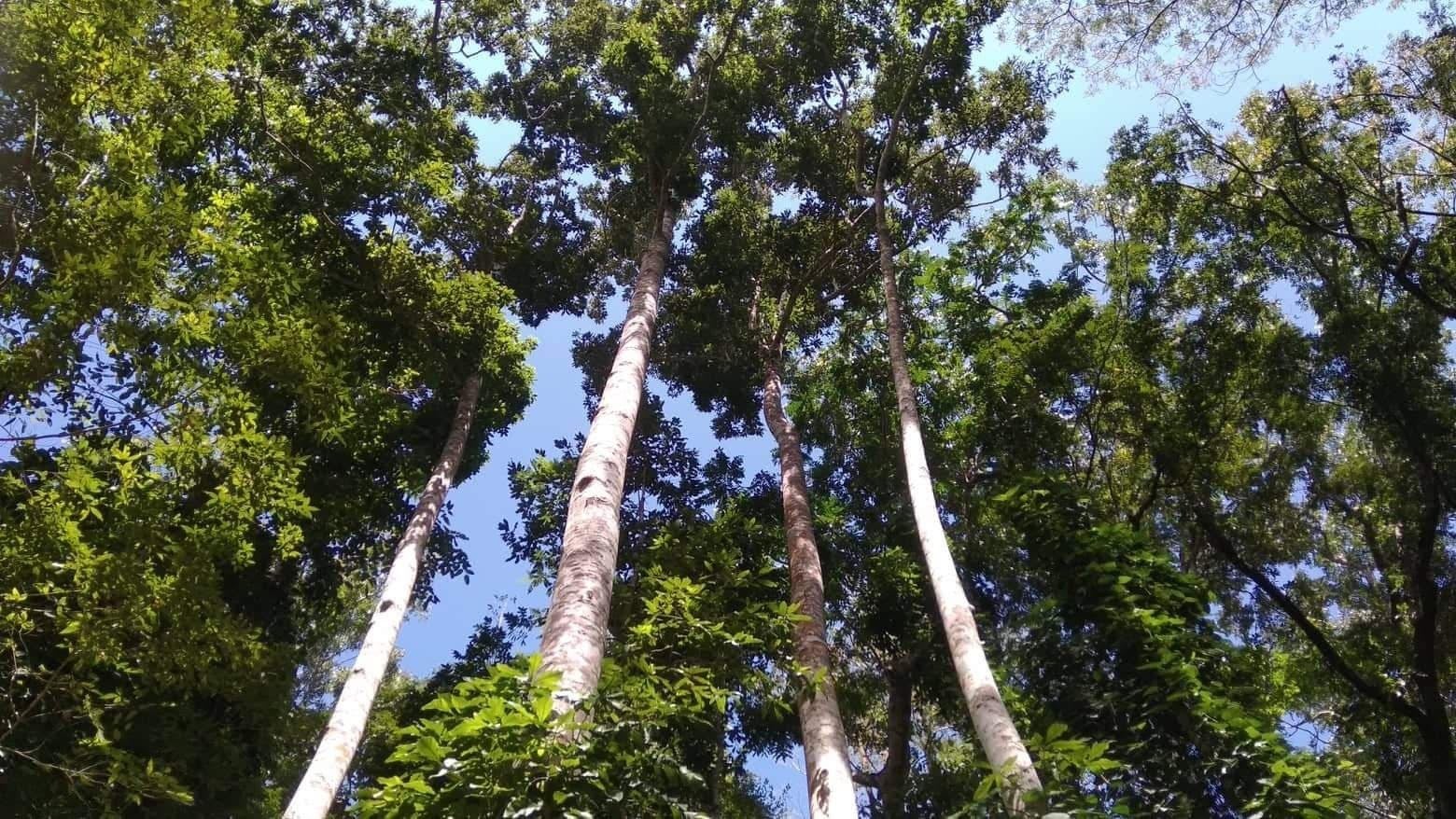
Philippine forest trees threatened by deforestation and climate change
January 27, 2021NUS ecologists develop models that identify major threats to a dominant tree family in the Philippines. Already reduced by deforestation,…
Read More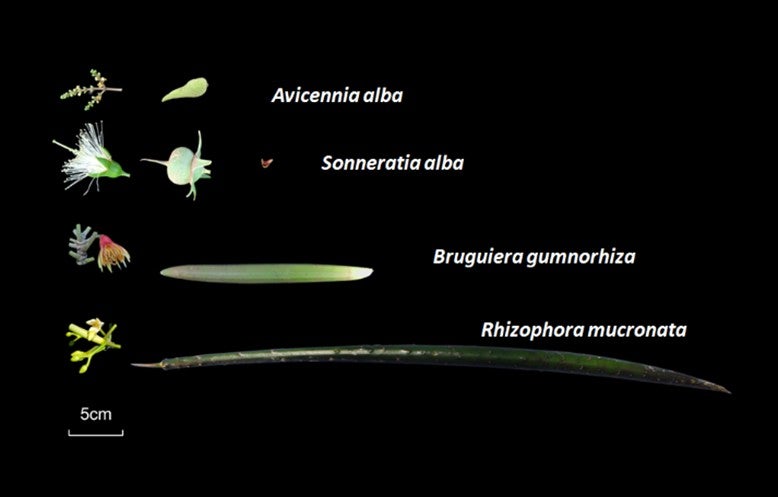
The Malay Peninsula is a dispersal barrier to certain mangrove species
June 26, 2020NUS ecologists showed that mangrove tree species with seeds/seedlings that float and survive shorter periods at sea have limited ability…
Read More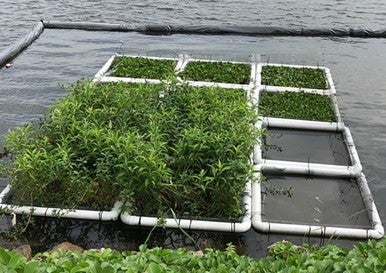
Improving reservoir water quality with aquatic plants: Benefits and challenges
April 20, 2020NUS ecologists have revealed some of the capabilities of aquatic plants to enhance the water quality of our reservoirs. Aquatic…
Read More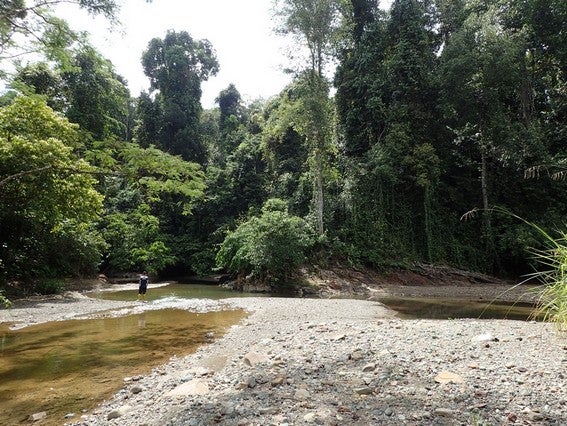
Deforestation in the tropics causes declines in freshwater fish species
February 24, 2020NUS ecologists have found that Nematabramis everetti, a common freshwater fish species that is resilient to climate change-associated drought conditions,…
Read More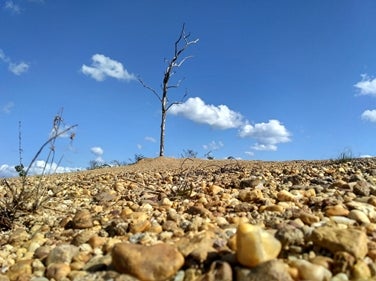
Better approaches needed to tackle informal gold mining
February 13, 2020NUS ecologists found that current approaches involving enforcement and provision of alternative livelihoods are unlikely to succeed in deterring informal…
Read More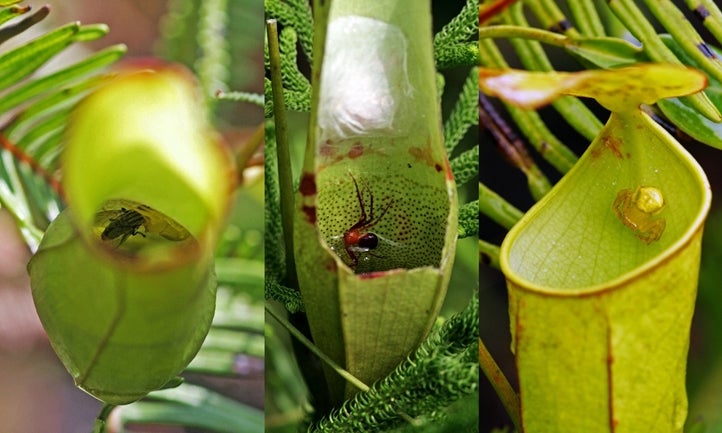
A mutually beneficial relationship between two “predators”
November 10, 201810 Nov 2018. NUS ecologists have discovered that a species of crab spider which lives in carnivorous pitcher plants attacks…
Read More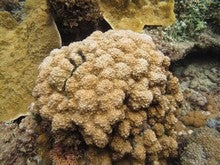
New coral species from a World Heritage Site
April 07, 20177 Apr 2017. NUS ecologist in collaboration with James Cook University, Australia have discovered a new species of hard coral on…
Read More

